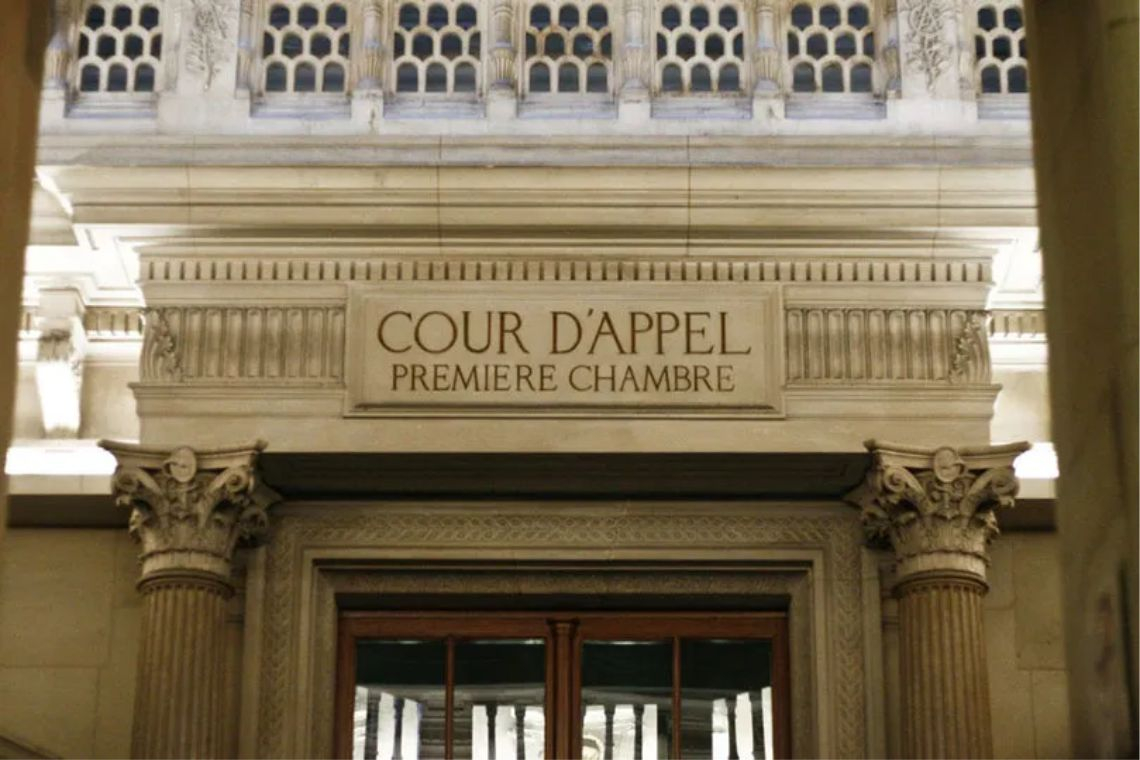The global legal saga enters its final act at the Paris Court of Appeal this July. Image Source: iStock
It began quietly, rooted in an obscure colonial-era agreement, and erupted into a global controversy that exposed dangerous cracks in how historic grievances are pursued through modern legal systems. Dubbed the "Sulu Fraud," this scandal reveals how history, greed, and legal maneuvering can intertwine to threaten diplomatic stability.
Nestled strategically between the southern Philippines and Malaysian Borneo lies the Sulu Sea, once the heart of the powerful maritime Sultanate of Sulu. Founded in the 15th century, this influential kingdom stretched across the Sulu Archipelago, parts of Mindanao in the southern Philippines, and what is now the Malaysian state of Sabah.
By the late 19th century, the Sultanate's power had diminished significantly, yet it remained symbolically important. In 1878, the reigning Sultan of Sulu signed a controversial agreement with the British North Borneo Company—setting the stage for one of the most contentious international legal disputes of modern times.
The 1878 Agreement: A Lease or Permanent Transfer?
The core issue behind this controversy lies in the ambiguous wording of the 1878 agreement, which transferred sovereignty over parts of North Borneo to the British. It included a provision for annual payments to the Sultan, sparking decades of debate over whether the arrangement was a temporary lease or a permanent cession.
Malaysia, inheriting Sabah in 1963, continued these symbolic payments—5,300 Malaysian ringgit (approximately $1,200 USD) annually to the Sultan’s descendants. For decades, this quiet arrangement went largely unnoticed by the world—until a sudden violent outburst changed everything.
✉ Get the latest from KnowSulu
Updated headlines for free, straight to your inbox—no noise, just facts.
We collect your email only to send you updates. No third-party access. Ever. Your privacy matters. Read our Privacy Policy for full details.
From Armed Standoff to Billion-Dollar Arbitration
In February 2013, almost 200 armed militants stormed ashore at Lahad Datu in Sabah, demanding the region’s return to the Sultanate. Led by Agbimuddin Kiram, brother of Fuad Abdullah Kiram I—a self-declared Sultan involved in a bitter rivalry for the throne—this invasion quickly escalated into a deadly month-long siege, resulting in approximately 70 deaths.
The Philippine government immediately disavowed the attackers, and Malaysia swiftly terminated its annual payments to the Sulu heirs, branding their actions a grave threat to national security.
In 2019, eight descendants of the Sultanate, led by Fuad Kiram—who has since been designated a terrorist by Malaysia—turned to international arbitration, a private process used to resolve disputes outside traditional courts. Backed financially by Therium Capital Management—a controversial litigation funding company criticized for risky legal gambles—and legally represented by London-based lawyer Paul Cohen, they claimed an astounding $32.2 billion from Malaysia for breach of the 1878 agreement.
The arbitration proceeded in Spain under arbitrator Gonzalo Stampa, even though Spanish courts had already invalidated his appointment. Defying judicial orders, Stampa issued an extraordinary $14.92 billion award in February 2022.
The reaction was swift and fierce. Malaysia immediately contested the decision globally, successfully challenging its legitimacy. Courts in Spain, France, and the Netherlands blocked enforcement of the ruling. In 2024, the Paris Court of Appeal officially annulled the arbitration award.
The international community dismissed the claim outright, condemning its legal frailty and the geopolitical tension it threatened to inflame.
Adding to the scandal, arbitrator Stampa was convicted by a Spanish criminal court in late 2024 for contempt and breach of judicial duty, sentenced to jail, and banned from practicing law. Therium, the financial force behind the arbitration, faced severe backlash, internal turmoil marked by recent layoffs, and widespread accusations of unethical conduct—specifically, exploiting international legal vulnerabilities and instability for speculative private gain.
Global Appeals and Resounding Rejection
Facing relentless setbacks, the Sulu claimants resorted to frantic diplomatic appeals to major world powers—including China and the United States—and sought support from international bodies like the United Nations, the International Court of Justice, and even former Pope Francis. They attempted to legitimize their claims by invoking outdated colonial treaties with Spain, the United Kingdom, and the Netherlands.
All these desperate measures ended in embarrassing failure. The international community dismissed the claim outright, condemning its legal frailty and the geopolitical tension it threatened to inflame.
In the aftermath, the Sulu arbitration has emerged as a global cautionary tale—revealing how historical ambiguities, opportunistic legal strategies, and speculative financial interests can collide to undermine the integrity of international law and destabilize diplomacy.
Malaysia’s unwavering legal fight has largely neutralized this once-formidable threat. A crucial final hearing set for July 7, 2025, in the Paris Court of Appeal, is expected to deliver a decisive rejection of the arbitration, highlighting its complete collapse.
Ultimately, this saga serves as a powerful warning to the international community: justice built on historical distortion and financial self-interest is no justice at all.



